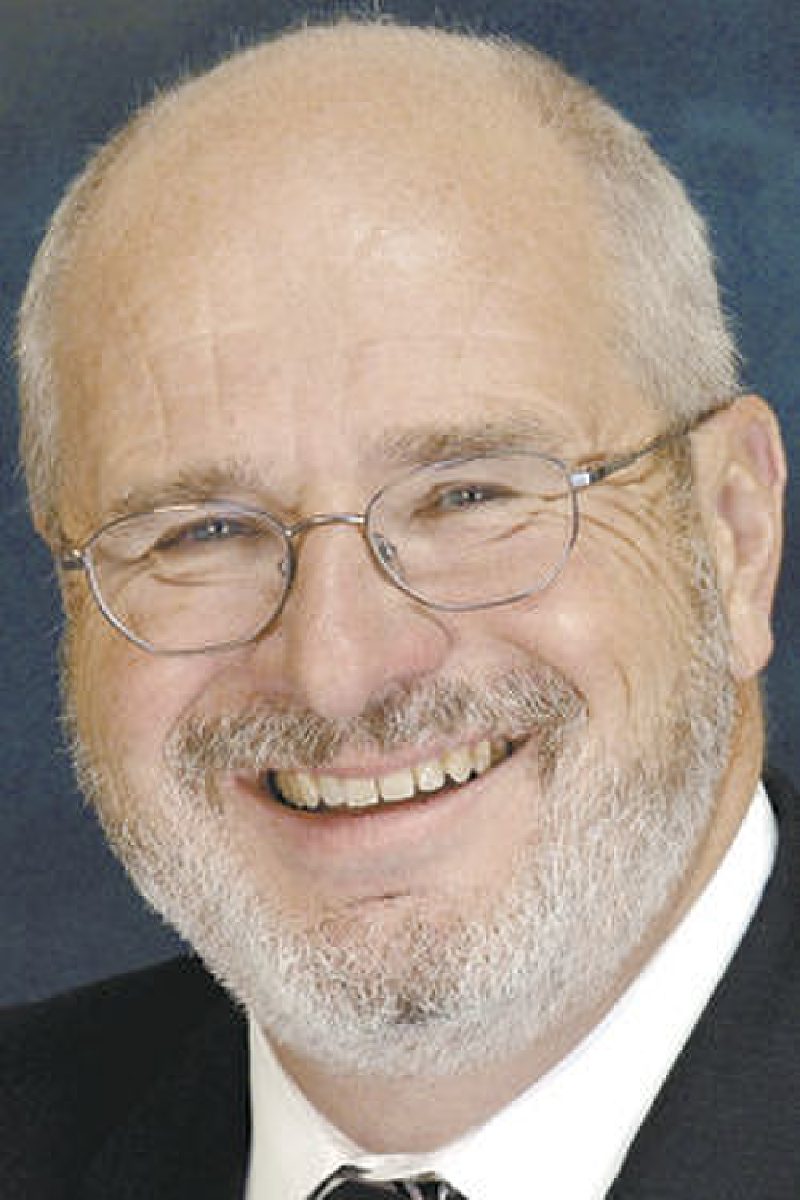By John Krull TheStatehouseFile.com INDIANAPOLIS – My grandfather once gave me some good advice. “If a man is drowning 40 feet from shore, it does no good to throw him 20 feet of rope and then expect him to swim to meet it,” he said. Grandpa’s point was clear. If you intend to solve a […]
The post Commentary: Hate crimes and the too-short rope appeared first on TheStatehouseFile.com.
INDIANAPOLIS – My grandfather once gave me some good advice.
“If a man is drowning 40 feet from shore, it does no good to throw him 20 feet of rope and then expect him to swim to meet it,” he said.
Grandpa’s point was clear. If you intend to solve a problem, solve it. Don’t go in for half-measures, particularly if those measures are designed simply to salve your conscience.
I’ve thought often about my grandfather’s counsel during the prolonged and painful debate over whether Indiana will join the nearly 90 percent of American states that have clear and comprehensive hate-crimes laws or remain with the 10 percent that don’t.
Much, if not most, of that debate has been an exercise by Indiana lawmakers in trying to determine how short a piece of rope they can throw to Hoosiers drowning in bigoted waters.
The final product, signed by the governor last week, features a list that really isn’t a list and doesn’t require judges to consider bias during the sentencing process.
Once again, as Hoosiers drown 40 feet from shore, the state’s leaders throw them a 20-foot rope and expect those drowning to swim to meet it.
Our legislators say they have their reasons for making this process so difficult. It’s hard to know with any precision what those reasons are because there’s been only one hearing back in January on the hate-crimes proposal and very little public debate.
But certain arguments surface in quiet conversation with lawmakers.
And they make little sense.
One such argument is that Indiana law already prohibits crimes based on bias and therefore this new law is unnecessary.
The problem with that argument is that, if Indiana law already prohibits crimes of bias, then codifying that prohibition shouldn’t be that big a deal. If crimes committed against people because of their race, religion, ethnic heritage, sexual orientation, gender or gender identity are illegal in Indiana, then no one would be mounting a full-scale campaign to prevent passage of a bill that simply reaffirms the status quo.
And legislators wouldn’t be wasting this much time on it.
But they are.
The second argument involves certain items on the list – sexual orientation, gender and gender identity. Some lawmakers say they don’t object to protecting people based on race, religion or ethnicity, but draw the line at the other categories.
These lawmakers argue that sexual orientation and gender identity are not inherent qualities of a person’s identity but matters of personal choice.
Again, the argument is absurd.
In the first place, a person’s religious beliefs in this country and state are a matter of personal choice. Both the U.S. Constitution and Indiana Constitution guarantee that.
But, even if sexual orientation and gender identity were a matter of personal choice, so what?
Many of the lawmakers opposed to adding those items to the list love to inveigh against government “overreach.”
Yet, they’re more than happy to empower government to endorse or condemn consenting adults based on whom those consenting adults choose to love.
Or how some Hoosiers choose to present themselves to their family, friends and neighbors.
The fact that many Indiana lawmakers aren’t deep or consistent thinkers isn’t – or shouldn’t be – news.
Similarly, the irony that those same lawmakers have gone out of their way to appease bigots and bigotry while crafting a law designed to condemn bigotry isn’t a revelation, either.
If the circumstances weren’t so tragic, this all might even be amusing.
But the circumstances are tragic.
There are Hoosiers who run a daily gauntlet of hatred and fear. They’re threatened. They’re assaulted. They’re told in ways large and small that they are not part of the community and not worthy of the community’s protection.
They’re drowning, 40 feet from shore.
We have enough rope to save them and we need to throw it.
We just to have to stop our leaders from chopping that rope in half.
John Krull is director of Franklin College’s Pulliam School of Journalism, host of “No Limits” WFYI 90.1 Indianapolis and publisher of TheStatehouseFile.com, a news website powered by Franklin College journalism students.





